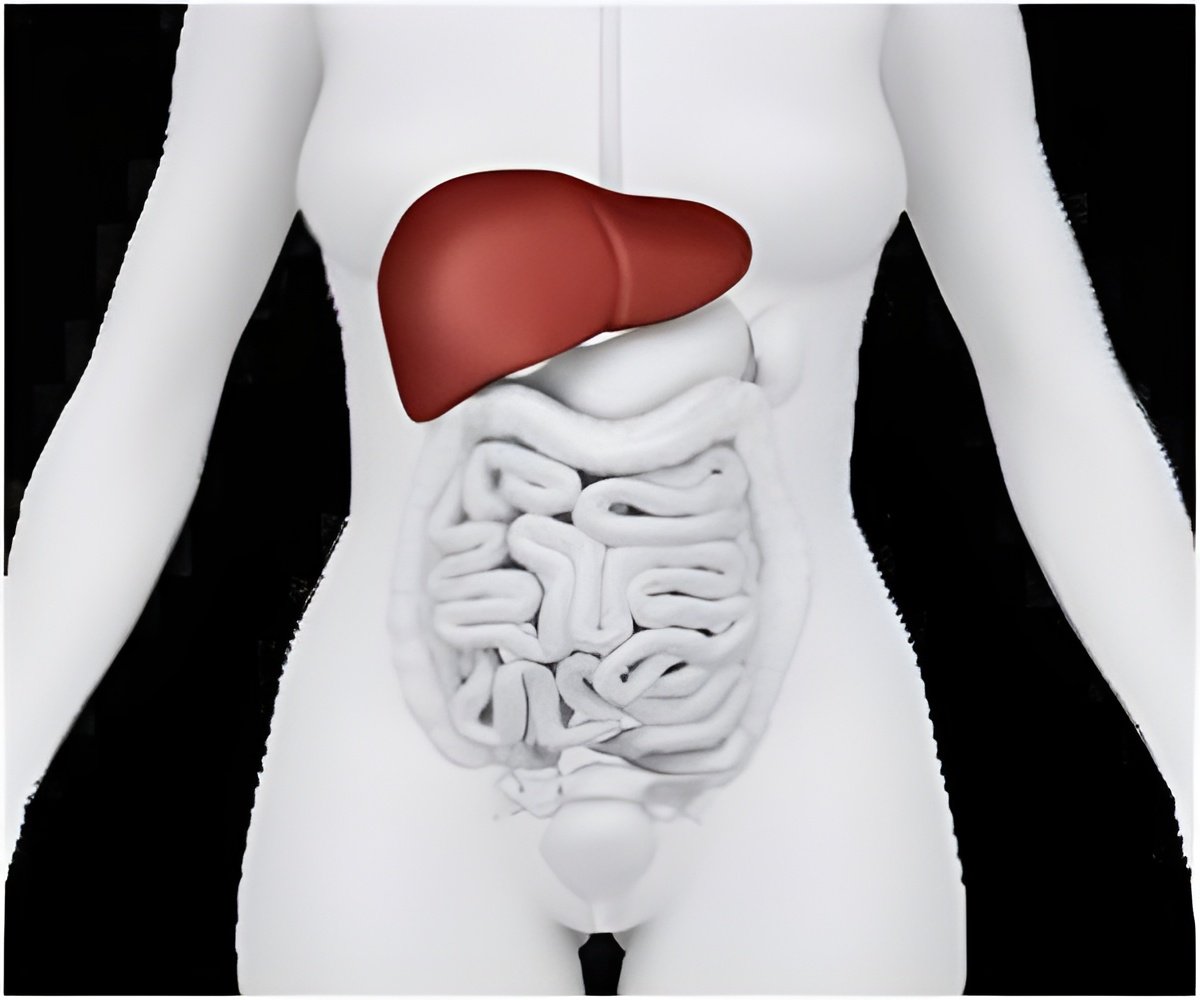Liver plays key role in managing the body's internal or circadian clock, say researchers.

"When you fly overseas, not only do you wake up in the middle of the night, you probably notice you want to eat in the middle of the night, and that during the day you have reduced energy. The liver is a key player in the regulation of energy and we now understand quite a bit more how liver genes 'clock in' to the circadian cycle," said Liddle, the journal Nature reports.
The circadian clock controls alertness, appetite, sleep timing and hormone secretions. If it is disturbed then people tend to suffer more from obesity, diabetes and related metabolic disorders.
Liddle, who has worked on liver genes for more than a decade with the Salk Institute, said: "This is a very exciting discovery. We have now shown that these receptors in the body's tissues (liver) do not have a peripheral role but are core components for setting our body clock that we can potentially use drugs on."
"The promise...for the future is that we can specifically target drug treatments at these receptors. The hope is that not only problems like jet lag and disturbed sleep can be more easily managed but other associated health concerns can be addressed more effectively," Liddle said, according to a Westmead statement.
"People tend to think that the clock is just something that happens in the brain but it's a whole body issue. Literally you do not feel like exercising and your metabolism slows when you are in a certain part of the cycle. This contributes to obesity-related problems," said Liddle.
Advertisement















